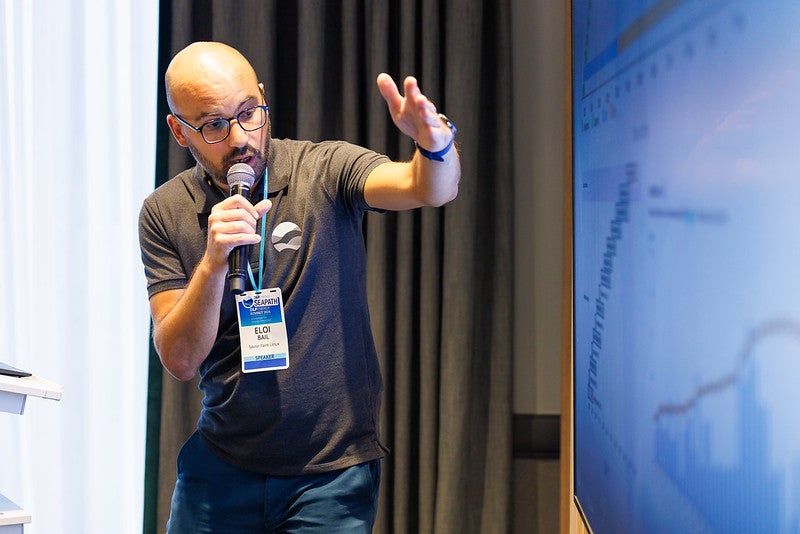LF Energy Summit Recap and Video: SEAPATH “Certified”: Hardware for Virtualized Infrastructure for Energy Domain Solutions
At LF Energy Summit 2024 in Brussels, Eloi Bail, from Savoir-faire Linux, presented an insightful session on SEAPATH “Certified”, a groundbreaking project focused on creating hardware certification for virtualized infrastructure in the energy sector. The presentation emphasized how SEAPATH addresses critical infrastructure needs with open source solutions, ensuring long-term reliability and security. Here are the key highlights from the session (full video follows at the end):
1. SEAPATH: An Open Source Alternative for Critical Energy Systems
SEAPATH is designed as the open source equivalent to VMware for substation management. It aims to virtualize essential energy infrastructure while ensuring real-time operations and robust protections. With SEAPATH, operators can host virtual machines to manage grid protection in a more dynamic and flexible way. In particular, SEAPATH focuses on grid protection, ensuring that the system can quickly respond to faults like fallen power lines, minimizing the impact on the wider network.
2. Real-Time Requirements in Virtualized Environments
For energy grid management, timing is critical, and SEAPATH excels in creating a real-time environment with deterministic performance. Eloi cited a GE demo that successfully achieved fault detection and line isolation in just 7 milliseconds, showcasing SEAPATH’s ability to handle highly time-sensitive operations. This is a significant step forward for transitioning from non-virtualized to virtualized environments in energy management.
3. Hardware Agnosticism and Long-Term Support
One of SEAPATH’s major goals is to be hardware agnostic, allowing it to run on a variety of platforms, including Intel, AMD, and others. This flexibility is crucial for long-term deployment, as energy infrastructures need to operate reliably for decades. Eloi highlighted the importance of long-term support (LTS) and the challenge of maintaining compatibility with various hardware over the years, especially given the fast evolution of open-source software.
4. The Role of Testing in Ensuring Reliability and Security
Continuous testing plays a critical role in ensuring SEAPATH’s reliability. Eloi emphasized that testing, testing, and more testing is necessary to keep up with the fast-paced evolution of open source technology and to maintain cybersecurity. The SEAPATH team performs regular testing on all contributions, running tests every night to ensure that the system functions seamlessly under real-world conditions. This also includes real-time tests and cybersecurity assessments to meet the strict demands of the energy sector.
5. Towards Certification: Collaboration with Hardware Manufacturers
SEAPATH aims to create an open certification process for hardware manufacturers. This initiative will allow manufacturers to certify their hardware for use with SEAPATH, accelerating adoption across the energy industry. Savoir-faire Linux, in collaboration with LF Energy, is working to develop this certification framework to ensure interoperability, security, and performance across different hardware platforms. Eloi invited hardware providers, utilities, and other stakeholders to join the project, emphasizing the open and collaborative nature of SEAPATH.
